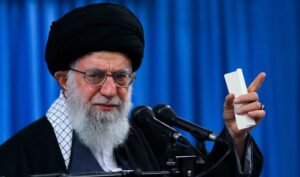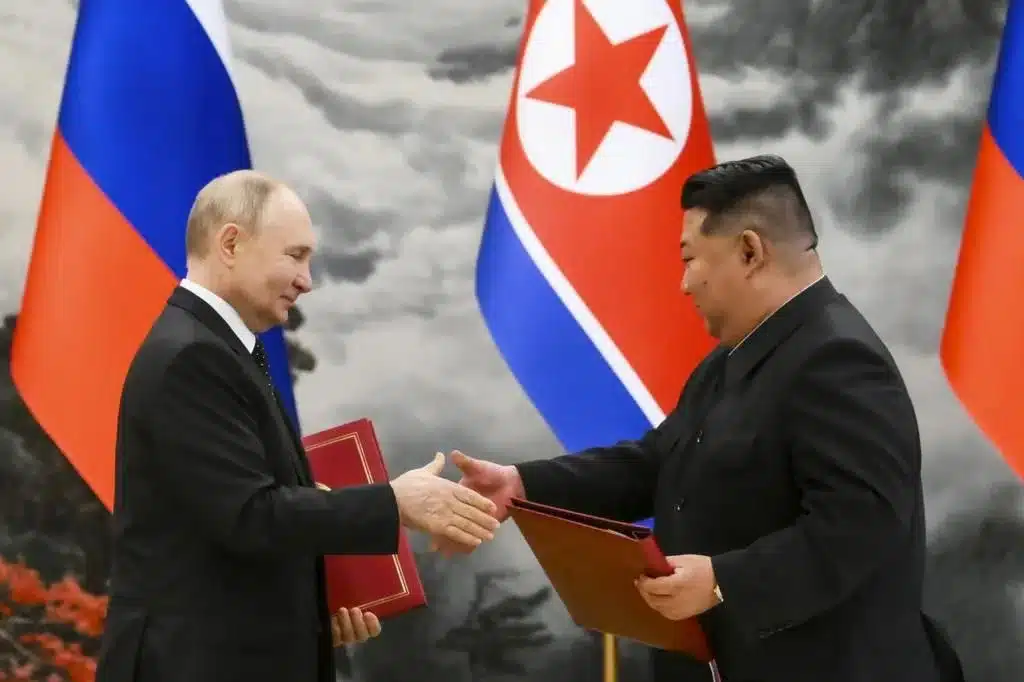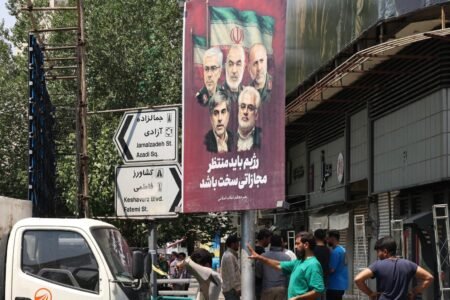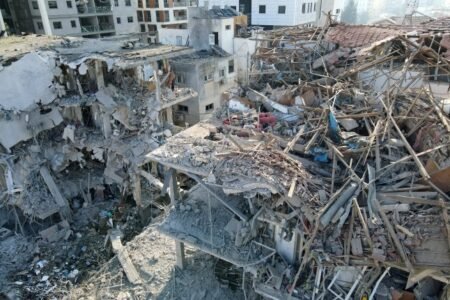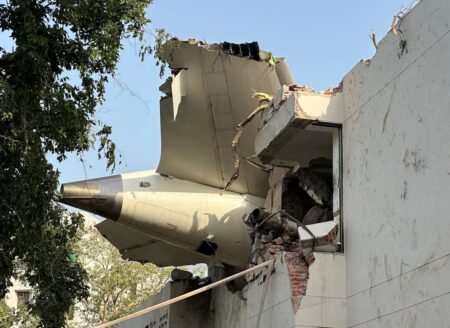North Korean leader Kim Jong-Un reportedly ordered the execution of up to 30 officials for their alleged failure to prevent devastating floods and landslides this past summer, which resulted in the deaths of approximately 4,000 people, according to South Korean media.
According to a report by TV Chosun, an official under Kim’s regime, they were stated that between 20 to 30 leaders in North Korea were charged with corruption and dereliction of duty.
The state subsequently sentenced them to capital punishment. “It has been determined that 20 to 30 cadres in the flood-stricken area were executed at the same time late last month,” the official told the outlet.
In other developments, North Korea and Russia have entered into a new agreement that requires both countries to provide immediate military assistance to each other in the event of war.
North Korean state media announced this agreement during a summit between Kim Jong-Un and Russian President Vladimir Putin in Pyongyang.
The comprehensive strategic partnership agreement, as reported by North Korea’s official Korean Central News Agency (KCNA), includes a provision stating that if one of the countries is invaded and enters a state of war, the other must deploy “all means at its disposal without delay” to provide “military and other assistance.”
This deal could represent the most vital connection between Moscow and Pyongyang since the end of the Cold War.
Both leaders described the agreement as a significant upgrade in their relationship, covering security, trade, investment, cultural, and humanitarian ties.
The summit has raised concerns among the U.S. and its allies, who fear that the agreement could lead to an arms arrangement where North Korea provides Russia with much-needed munitions for its war in Ukraine in exchange for economic assistance and technology transfers that could enhance North Korean’s nuclear weapons and missile programs.
Following the summit, Kim Jong-Un emphasised the “fiery friendship” between North Korea and Russia, calling the agreement their “strongest-ever treaty” and elevating the relationship to the level of an alliance.
Putin referred to the agreement as a “breakthrough document” that reflects the shared desire to strengthen their ties.
In 1961, North Korea and the former Soviet Union signed a treaty that mandated Moscow’s military intervention in the event of an attack on North Korea. This treaty was abandoned after the USSR’s collapse and replaced with a less robust security agreement in 2000.
South Korean officials are currently assessing the implications of the new deal regarding Russia’s potential response to an attack on North Korea and whether the protection offered by the new agreement is similar to that of the 1961 treaty.
Tensions on the Korean Peninsula have escalated in recent years, with an increase in both North Korea’s weapons tests and joint military exercises involving the U.S., South Korea, and Japan, creating a cycle of escalating provocations.
The two Koreas have also engaged in Cold War-style psychological warfare, with North Korea releasing trash-filled balloons over the South, and South Korea broadcasting anti-North Korean propaganda via loudspeakers.

